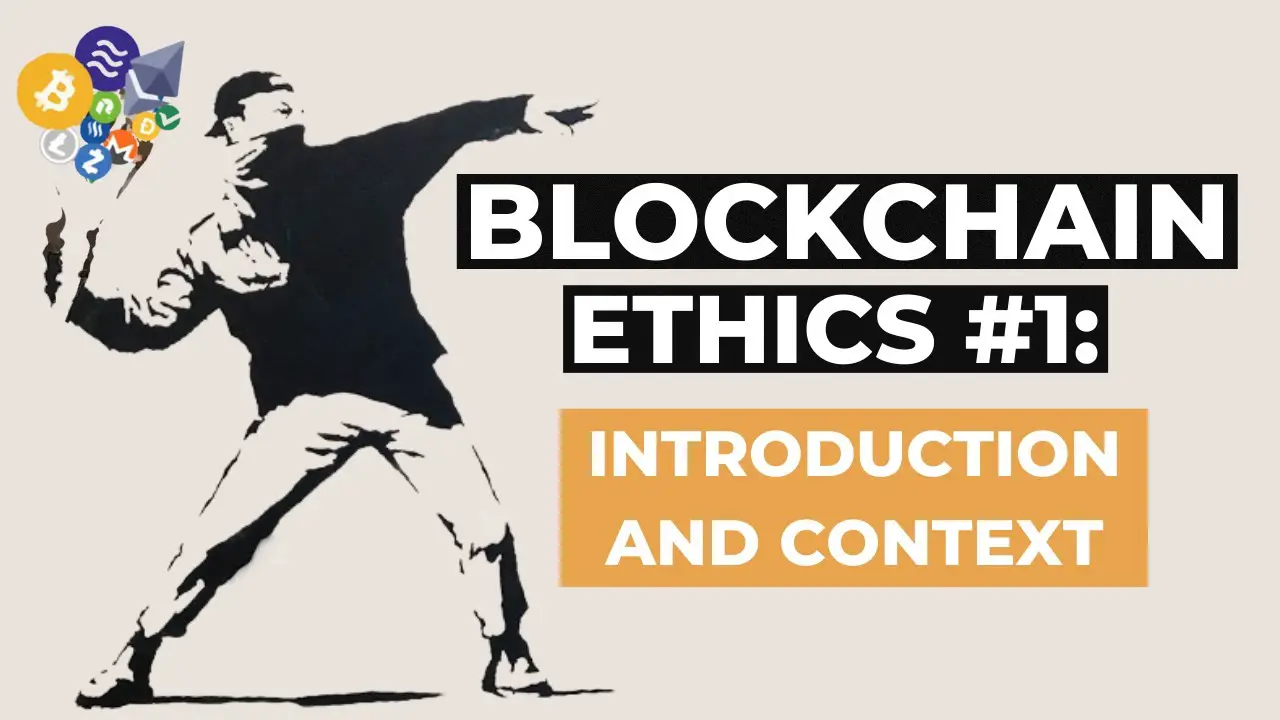Blockchain Ethics: Navigating Moral Questions In A Decentralized World

Executive Summary

The advent of blockchain technology has revolutionized the digital landscape, introducing a decentralized, immutable, and transparent new world order. However, as this revolutionary technology continues to reshape the way we interact, transact, and store data, it also raises important ethical questions that need to be carefully considered and addressed. This article aims to explore the key ethical dimensions of blockchain technology, examining the potential benefits, risks, and challenges associated with its adoption.

Introduction
Blockchain technology, the underlying architecture of cryptocurrencies like Bitcoin, is a distributed ledger system that facilitates the secure and transparent recording of transactions. Its decentralized nature has the potential to disrupt traditional models of centralized control, introducing new possibilities for trustless systems and empowering individuals through greater autonomy. However, the unique characteristics of blockchain also pose ethical dilemmas that require thoughtful examination and guidance.
Key Ethical Considerations
1. Privacy and Data Protection
- Blockchain’s transparency and immutability can raise concerns over user privacy as transaction data becomes publicly available and permanently stored.
- Balancing transparency with the right to privacy is crucial to ensure sensitive information is protected while maintaining the integrity of the blockchain.
- Implementing privacy-enhancing technologies and anonymization techniques can help mitigate privacy concerns without compromising the blockchain’s core principles.
2. Security and Fraud Prevention
- Blockchain’s decentralized nature can potentially reduce the risk of fraud and hacking, as there is no single point of failure or centralized authority to target.
- However, the immutability of blockchain transactions also means that any fraudulent or erroneous entries are irreversible, making it imperative to implement robust security measures.
- Smart contract vulnerability, key management, and phishing scams are key security concerns that need to be addressed to enhance resilience and user protection.
3. Fairness and Equality
- Blockchain’s potential for creating decentralized and autonomous systems can promote greater fairness and equality by reducing reliance on centralized entities.
- However, ensuring equal access to blockchain technology and its benefits is essential to prevent digital divides and disparities.
- Addressing issues related to digital literacy, accessibility, and inclusivity will help ensure blockchain’s transformative potential is shared equitably.
4. Accountability and Responsibility
- The decentralized nature of blockchain raises questions of accountability and responsibility in cases of misconduct or illegal activities.
- Determining clear roles and responsibilities, establishing governance frameworks, and implementing ethical guidelines are crucial for ensuring that blockchain is used responsibly.
- Identifying mechanisms for resolving disputes, addressing grievances, and enforcing ethical standards is essential to prevent abuse and maintain the integrity of the blockchain.
5. Environmental Impact
- The energy-intensive nature of certain blockchain protocols, particularly proof-of-work consensus algorithms, raises environmental concerns.
- Exploring alternative consensus mechanisms, optimizing energy efficiency, and promoting sustainable practices are important considerations for mitigating the environmental impact of blockchain.
- Balancing technological advancement with environmental responsibility is crucial for ensuring the long-term viability of blockchain technology.
Conclusion
Blockchain technology presents both tremendous opportunities and significant ethical challenges. Navigating these complexities requires careful consideration, interdisciplinary collaboration, and the development of robust ethical frameworks. As this technology continues to evolve, it is imperative that we engage in ongoing dialogue and research to ensure that its development and adoption align with our values and promote a just and equitable digital society.
Relevant Keyword Tags
- Blockchain ethics
- Privacy and blockchain
- Security and blockchain
- Fairness and blockchain
- Accountability and blockchain
